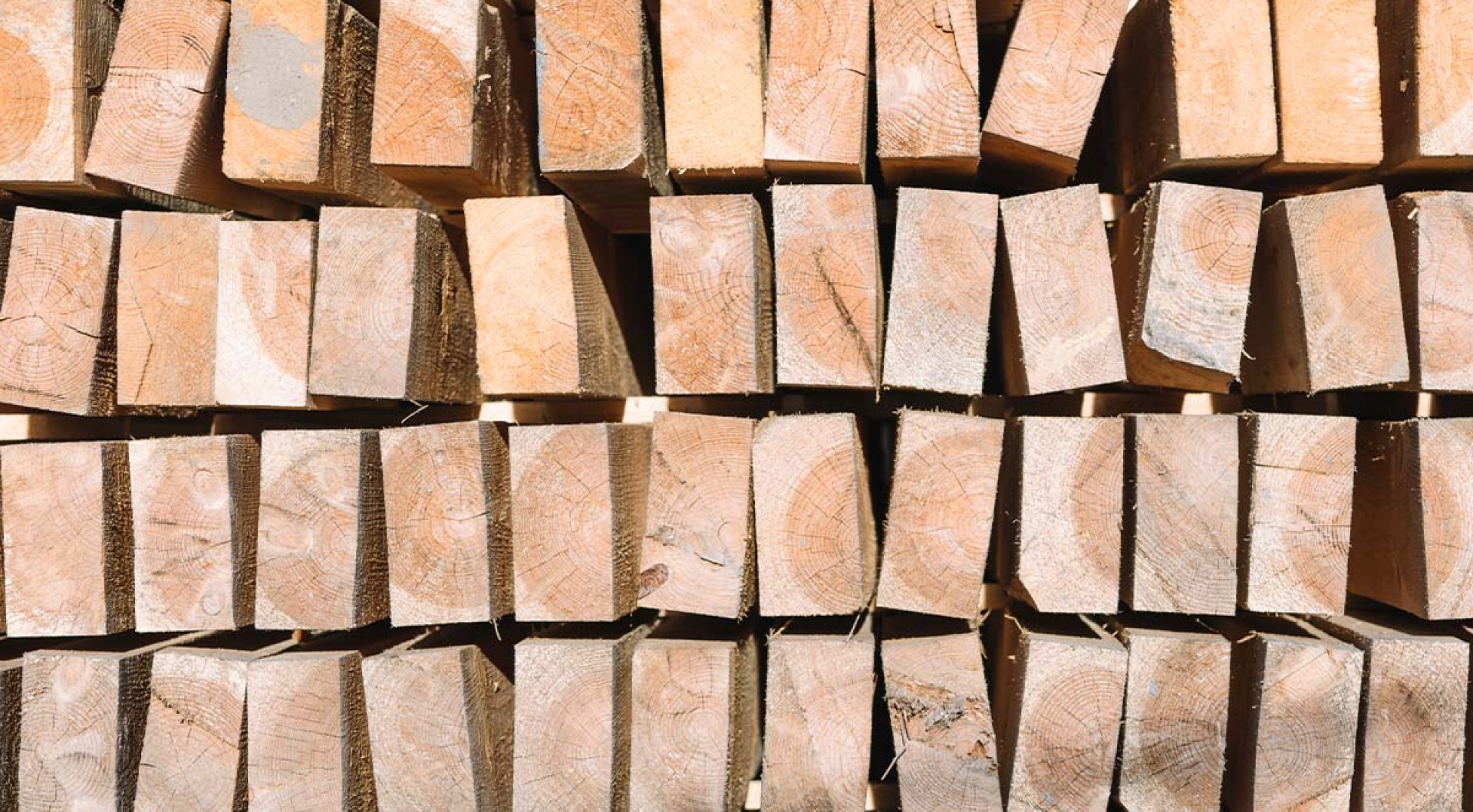How To Select The Right Lumber For Your Project
Picking the right lumber for your project can make or break it. If you select the right lumber, the process will work out better; if not, the project may fail or cost much more. If you are in doubt, consider discussing your project with one of the professionals at Select Hardwoods.
If you wish to do it yourself before making your purchase, this article will hopefully assist you in selecting the perfect lumber for your project. Before we dive into a more complex discussion, here are a few quick tips to get you started.
Quick Tips To Select The Perfect Lumber For Your Project
- Consider the intended use of your wood. Construction? Furniture making? Decking? Indoor or outdoor use?
- Identify the type of wood that is best suited for your project. Softwood or hardwood?
- Determine the specific characteristics you’re looking for, such as grain pattern, color, and texture. A consistent color and grain pattern is important if you want a uniform look for your project.
- Determine your budget and compare the cost of different types of wood.
- Evaluate the sustainability and environmental impact of the wood.
- Inspect the wood for defects, such as knots, cracks, and warping.
- Ask questions about the wood’s origin, processing, and any special considerations for its use.
- Bring a wood moisture meter with you and check whether the wood has a moisture content close to that of its intended environment. Otherwise, you may have to wait for it to dry or acclimate.
Factors To Consider To Select Lumber For Your Project
When selecting wood for your project, you’ll want to consider these five factors:
- Budget
- Aesthetics
- Durability
- Environmental Concerns
- Availability
1) Budget
Different types of wood come with varying price tags. Softwoods, like pine and cedar, are typically more affordable because they grow faster than hardwoods. They are suitable for beginners or those who want to keep costs low.
Conversely, hardwoods like oak and maple are more expensive but can offer higher quality and durability for certain projects. Remember that the wood cost isn’t limited to its initial purchase price. Different wood species may require specialized tools, fasteners, or finishes, which can add to the overall project cost.
2) Aesthetics
The type of wood you choose impacts the overall look of your project. Think about how the grain pattern, color, and texture of the wood will complement the design style of your project. Each wood species has unique characteristics, such as grain patterns, knots, color variations, and figures. Some wood species, like curly maple or burled walnut, have striking patterns.
3) Durability
Durability is a crucial factor because your wood must be able to withstand its intended environment and usage. Softwoods may not be ideal for applications where high wear and tear are expected, such as flooring. On the other hand, hardwoods like oak and maple offer better resistance to daily use.
If your project involves outdoor furniture or decking, choose wood types that are naturally resistant to rot, decay, and insect damage, such as cedar, redwood, or pressure-treated lumber. Finally, when choosing wood for projects like countertops or cutting boards, consider its resistance to abrasion and impact, as well as its resistance to moisture and temperature changes.
4) Environmental Concerns
When you can, opt for wood sourced from sustainably managed forests, which prioritize ecological balance and biodiversity. Look for certifications like the Forest Stewardship Council (FSC) to ensure that the wood you’re using comes from responsible sources.
It’s even better if you can get the wood locally. That way, you’ll be reducing transportation emissions. Another factor to consider is the lifecycle of your project and its end-of-life disposal. Some woods, like cedar or redwood, contain natural preservatives and can be composted or repurposed more easily than chemically treated woods.
5) Availability
Ensure you have plenty of lumber before you begin work. Some wood types may be more difficult to find or only available in specific regions, particularly exotic varieties like teak or certain types of mahogany. Sourcing wood could affect your project timeline, so provide plenty of lead time when sourcing a specific species.
Select Hardwoods Can Help You Select The Lumber For Your Project
Select Hardwoods is a division of Church and Church Lumber Company, a family-owned business located in Wilkesboro, NC.
The Select Hardwoods Division of Church & Church Lumber Company offers kiln dried premier Appalachian hardwoods for millwork, furniture, flooring, and other high-end applications throughout the United States and all over the world.
At Select Hardwoods, we have long-standing relationships with thriving companies in our industry. We want to get to know every aspect of your business and work with you to provide the best possible value.
One of our primary core values is quality over quantity. We pay close attention to every detail. From tree to board, Select Hardwoods controls the process of developing the flattest, brightest, cleanest, well-manufactured kiln-dried lumber our industry has to offer. To accomplish this, we employ quality control measures throughout the drying and grading process.
With a 400,000 board feet kiln capacity, our experienced staff ensures your lumber is dried, equalized, and conditioned to the proper specifications. After drying, our certified lumber graders ensure you get the expected quality.
Select Hardwoods maintains an updated inventory of our products so that we can fill your orders as needed. If we do not have what you need in the wood yard, just let us know, and we will work to fill that need as well.
If you wish to work directly with a lumber mill for hardwoods, then contact us to discuss your hardwood lumber needs.
